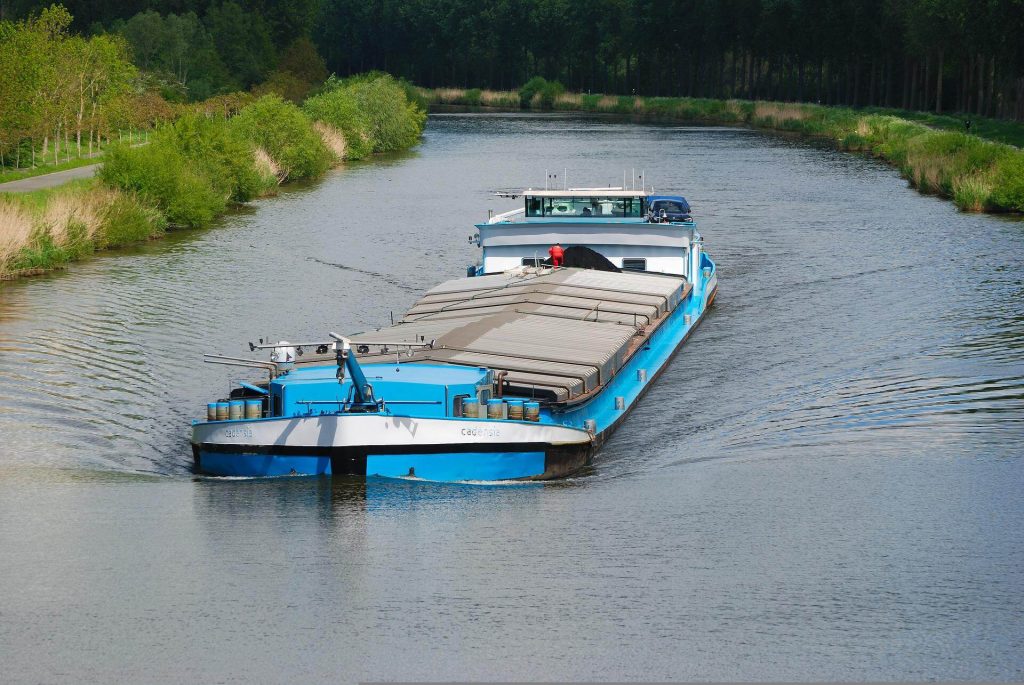Minister of Marine and Blue Economy’s Focus on Dredging
In 2024, the federal government of Nigeria is set to embark on an extensive dredging project covering approximately two thousand kilometers of the country’s inland waterways. This initiative aligns with President Bola Tinubu’s strategic approach to developing an efficient intermodal transport system aimed at alleviating the high expenses associated with transporting goods across various regions, particularly from the nation’s seaports.
During his inaugural tour of several terminals at the Apapa port in Lagos, Mr. Akuta Pius Ukeyima, the Executive Secretary of the Nigerian Shippers’ Council (NSC), revealed that the Minister of Marine and Blue Economy, Mr. Oyetola Adegboyega, has emphasized the prioritization of waterway dredging in the ministry’s 2024 budget. This measure is a crucial element within a comprehensive policy framework devised by the ministry to address the challenges faced by shippers during the transportation of goods to Nigeria, with the anticipated positive outcome of reducing the overall cost of living.
Policy Framework to Address Shippers’ Challenges
Expressing gratitude at the ENL head office, Akuta commended terminal operators for their substantial investments in the maritime sector, contributing significantly to the country’s economic growth. He assured that the government remains committed to tackling obstacles hindering the sector’s expansion.
Detailing the minister’s focus on dredging, Akuta stated, “The minister is considering dredging as a vital component of the 2024 budget, aiming to dredge around two thousand kilometers of inland waterways. This effort is expected to streamline the transportation system, not only on the road network. We have assessed the high cost of transporting goods within the export corridor from the hinterland to the seaport, contributing to the overall business expenses in Nigeria. Consequently, there are ongoing efforts by the federal government to enhance the rail system and its networks, aiming to reduce the costs associated with conducting business. The government is actively working towards minimizing the cost of living in Nigeria, starting with the reduction of transportation expenses for goods.
